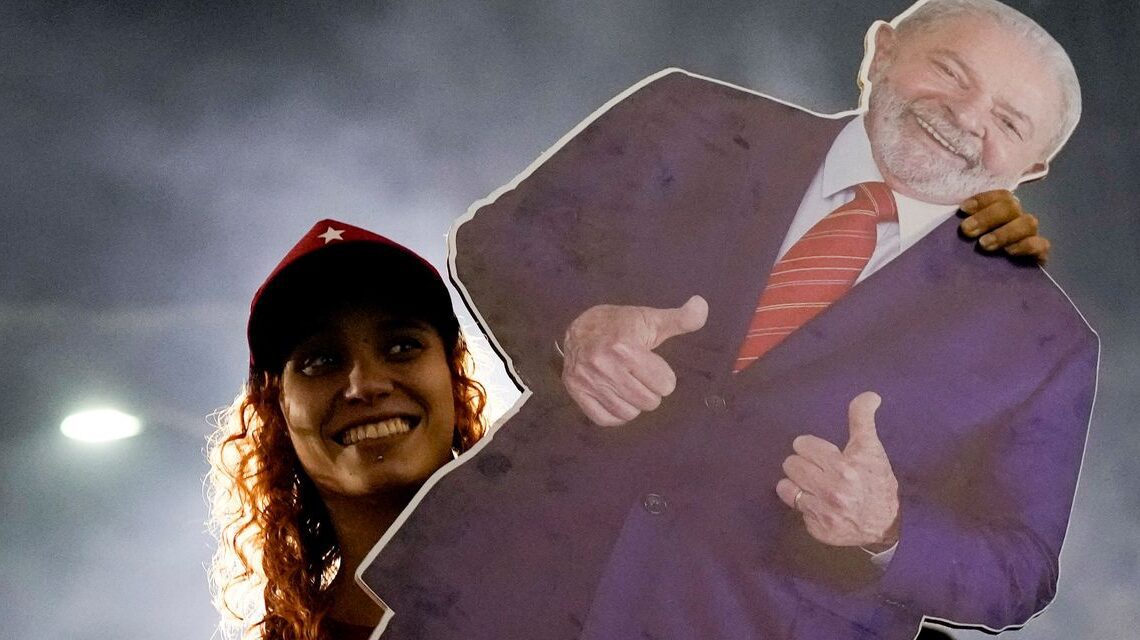Luiz Inácio
“Lula” da Silva, the former two-term Brazilian president, finished first in the presidential election here on Sunday, with around 48% of the vote. But incumbent
Jair Bolsonaro
made it a race. Since neither candidate received more than 50%, they now go to an Oct. 30 runoff.
Lula’s first place finish was expected. But Mr. Bolsonaro’s strong showing is a surprise, particularly for the punditry—domestic and foreign—that is supposed to know something about this country.
On Sept. 30, polling firm Datafolha released a survey that found 50% support for Lula to 36% for Mr. Bolsonaro. A few days earlier the polling company IPEC had Lula with 48% and Mr. Bolsonaro at 31%—a 17 percentage point difference! Some media outlets speculated that Lula might even win without the runoff.
Many Brazilians went to the polls thinking about their least-worst option. Support for Lula among some of the elite reminded me of the 2002 French presidential election. Supporters of
Jacques Chirac
promoted their candidate with the slogan “vote for the crook, not for the fascist.”
Something similar was happening here, with Lula’s supporters acknowledging his criminal conviction but trying to deflect criticism by branding Mr. Bolsonaro an enemy of democracy. Brazilians talked about a hidden vote pollsters weren’t picking up because it is so unacceptable in polite company to support the president.
In 2002, markets greatly feared Lula’s candidacy. A close friend of
Fidel Castro,
Lula had built his political career as a left-wing labor leader. Capital began fleeing the country when it became clear he could win. Once sworn in, he quickly moved to reassure investors by carefully avoiding radical changes. Over the next several years his name became synonymous with leftist moderation.
In his first term Lula rode a wave of rising commodity prices while newfound currency stability spawned a credit boom. He was easily reelected in 2006. The media hyped Brazil under Lula. But he reversed important liberalization in oil exploration by his predecessor
Fernando Henrique Cardoso.
When oil prices cracked in 2014, the so-called Brazilian miracle began to crumble. In 2015 the economy contracted 3.55%. In 2016 it…
Click Here to Read the Full Original Article at RSSOpinion…

